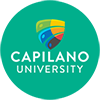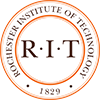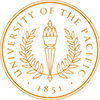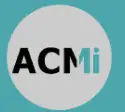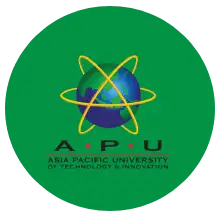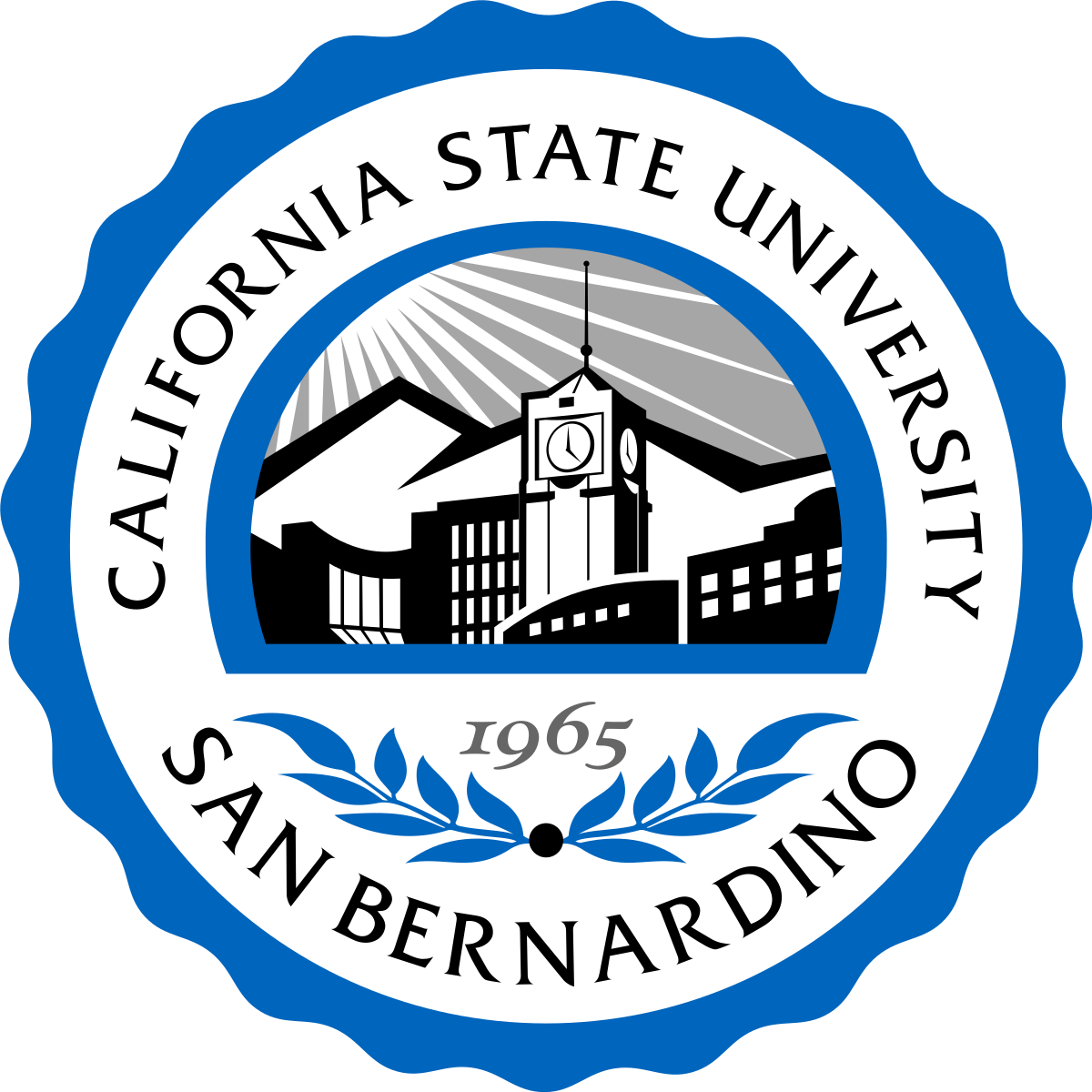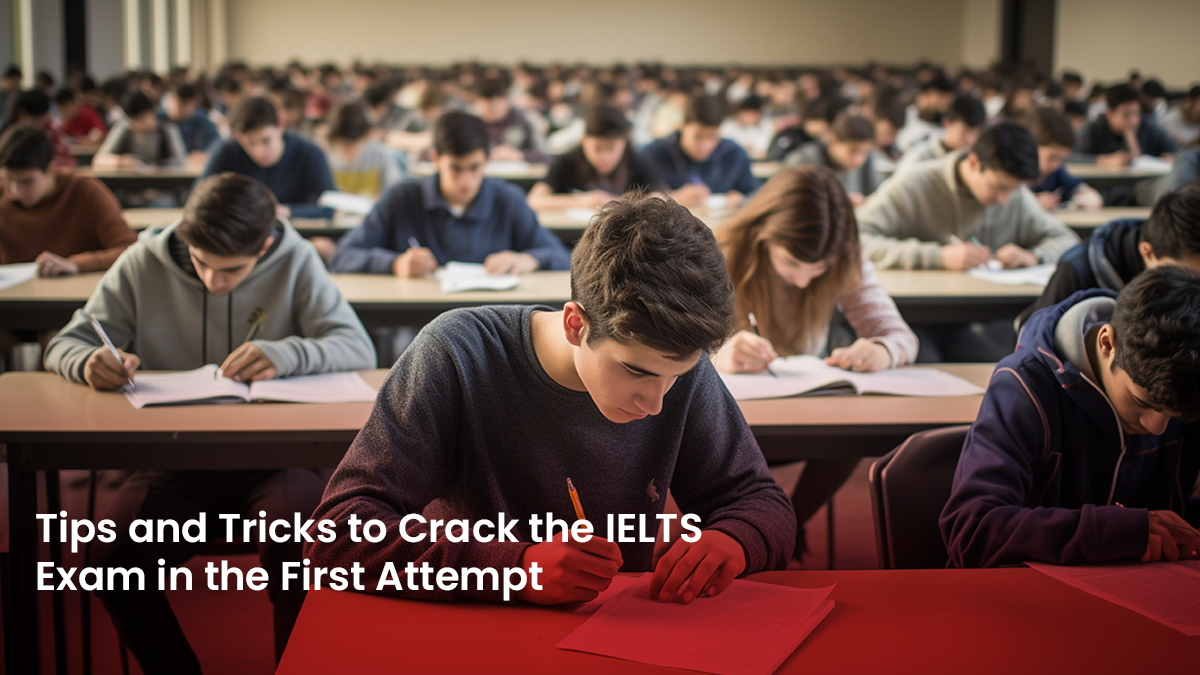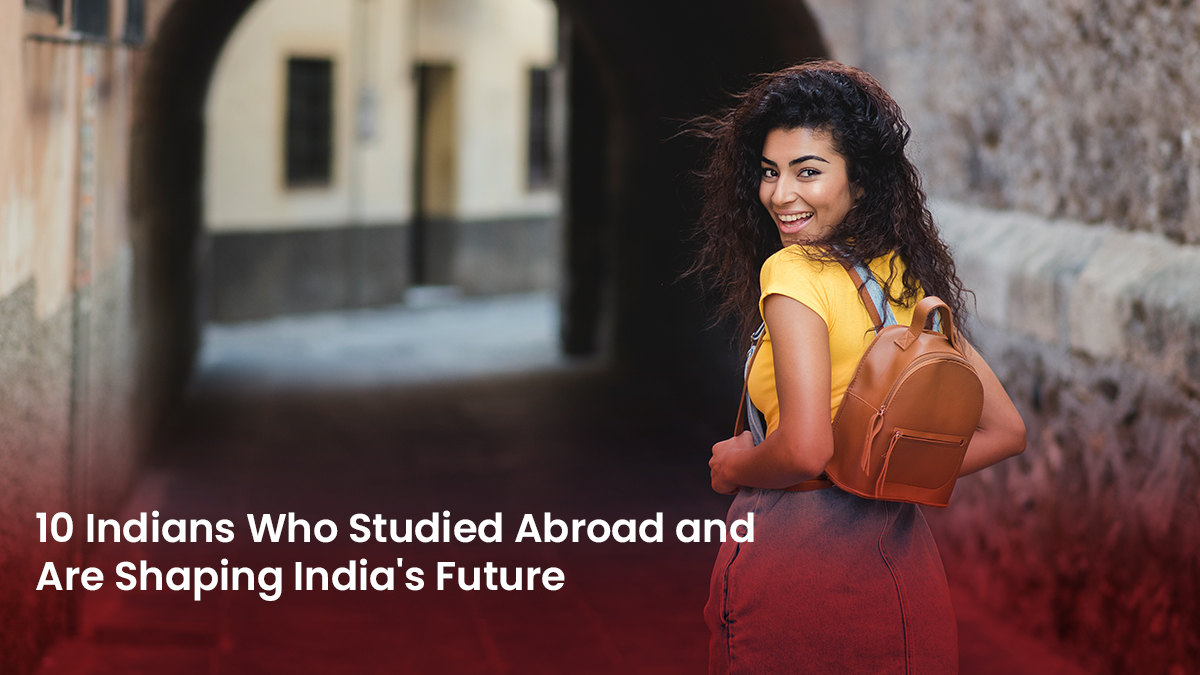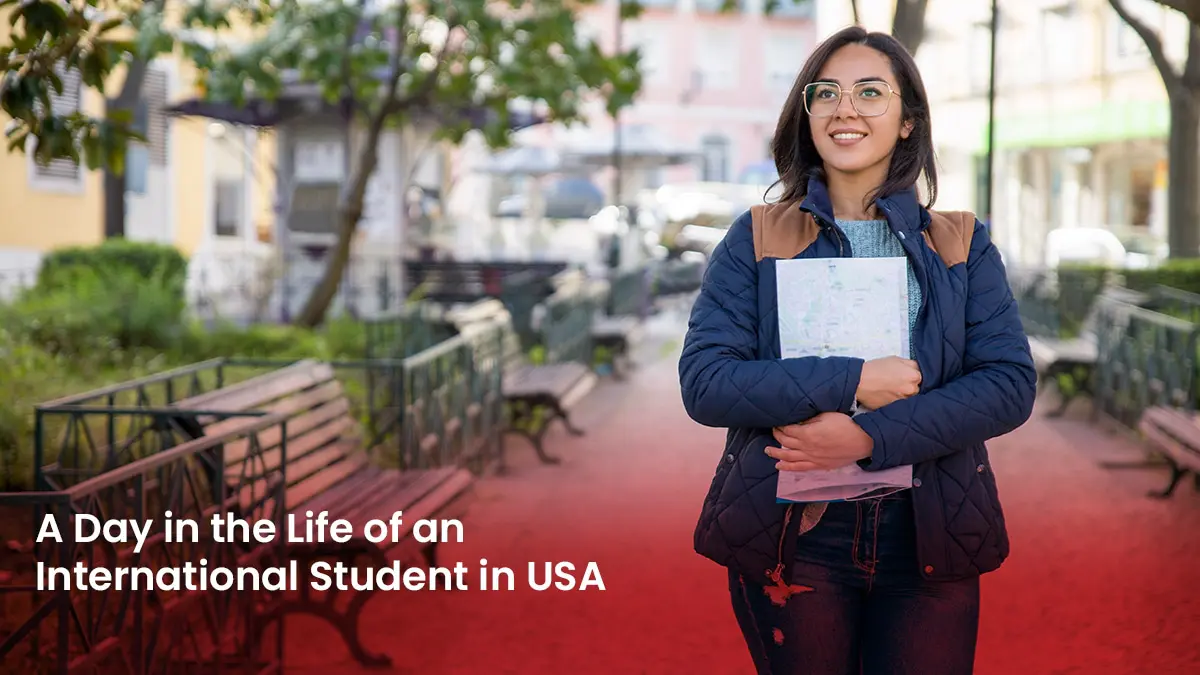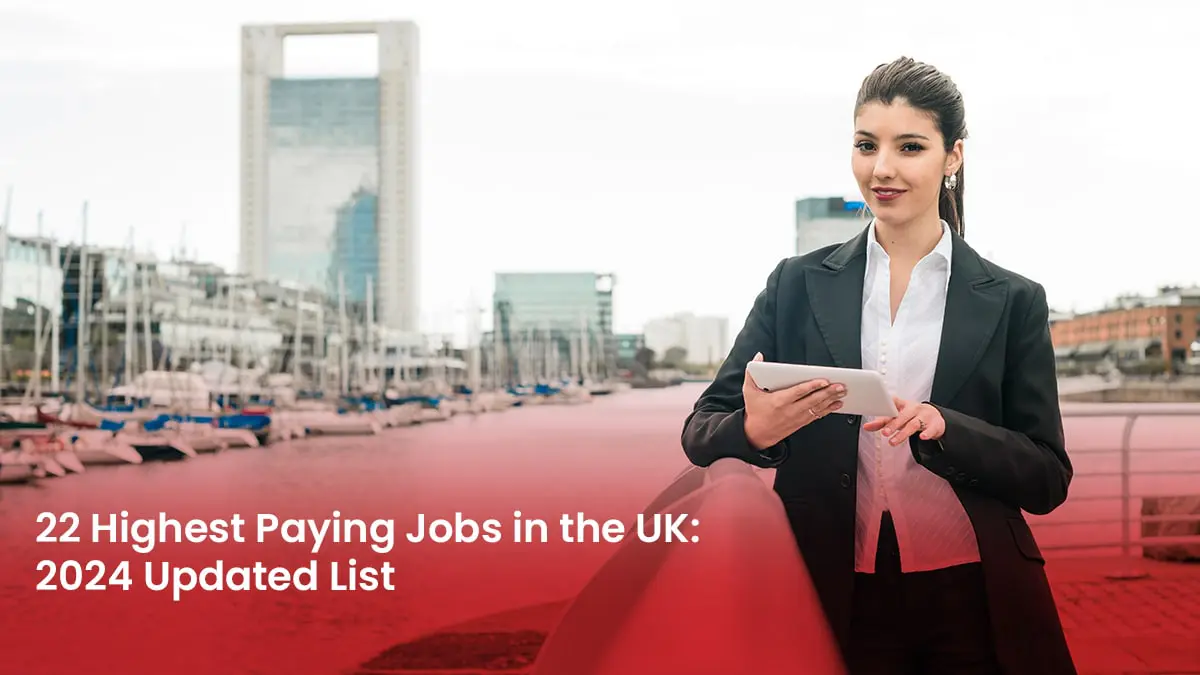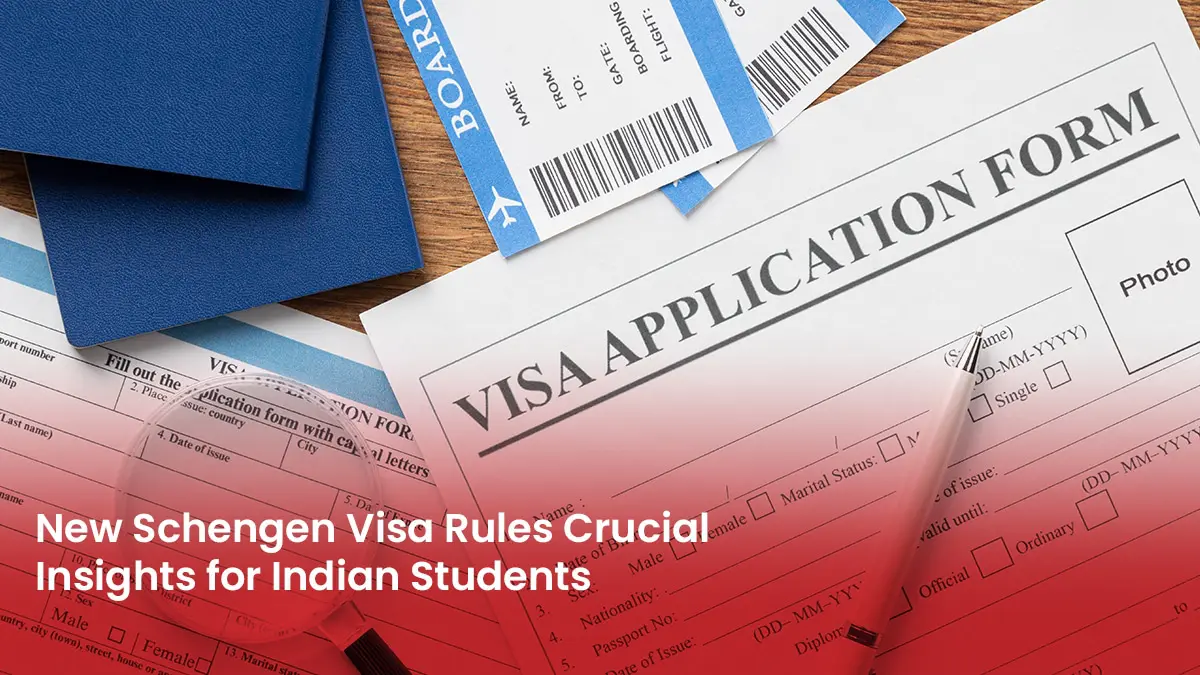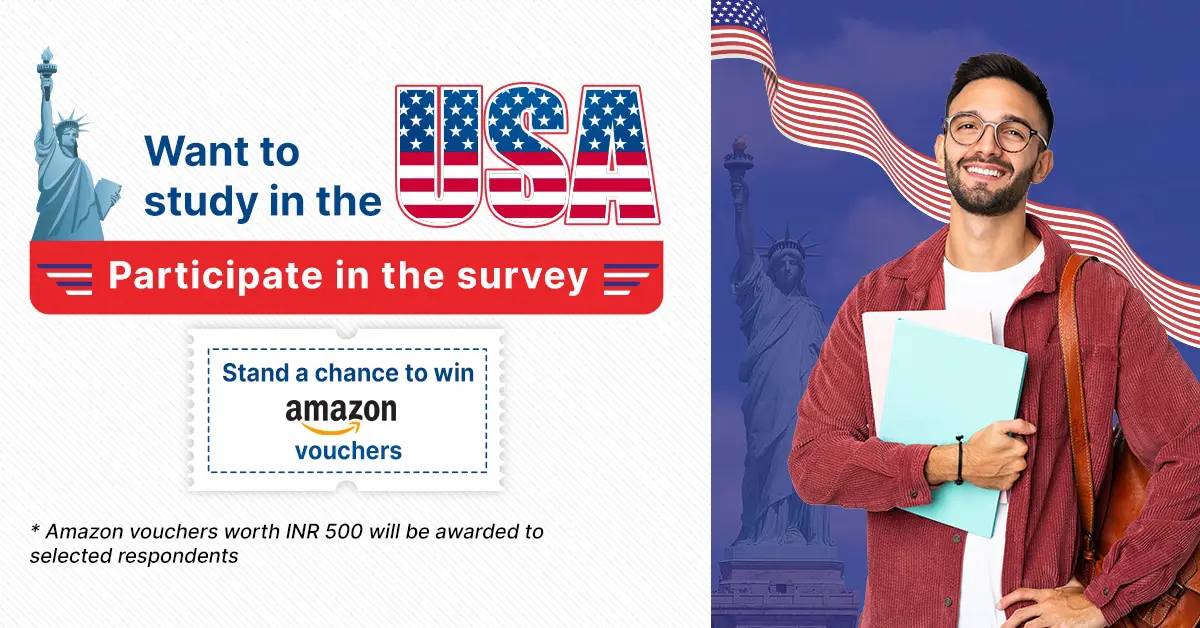Education is one of the sectors that has been gravely affected by the COVID-19 pandemic. Some schools have shut down as early as January 2020, and travel restrictions around the world have literally grounded students and educators alike.
But with the introduction of vaccines and the quarantine restrictions easing little by little, we are seeing a renewal of the education sector – but it’s far from what we perceive as “normal.”
What we’ve learned so far
The latter half of 2020 may have already given us a glimpse of what lies ahead for the education sector. Despite schools having to close, the pandemic actually taught us some valuable lessons on how we can improve the quality of education amid travel restrictions and quarantines. For one, being “present” in a “classroom” isn’t exactly necessary for students to attend class.
Another lesson we had to accept is that online learning is not as simple as we thought it would be. Creating online learning modules has given many teachers headaches and sleepless nights. It’s possible that some online modules and interactive lessons had been made haphazardly to meet deadlines so that classes could begin as soon as possible.
Similarly, students have experienced difficulties focusing on virtual classes and keeping up with online learning curricula. Many students find it challenging to learn without face-to-face interaction and the physical presence of their peers and professors.
One of the key challenges of online classes is poor internet connectivity, along with other technical issues that may arise while an online class is going on. Not everyone has consistent internet speeds nor the best computers that would meet the demands of online classes. Both students and teachers experience this and it’s detrimental to the education process.
Looking past the pandemic
From what we’ve learned in 2020, we can expect the post-pandemic education sector to greatly improve its online learning capabilities and address its major issues.
One model that may come out as the face of the post-pandemic education system is the online course. A prime example are MOOCs, or massive open online courses that are free for anyone to enroll in anywhere they are in the world. These online courses have been around for quite some time, but the pandemic has highlighted their importance in the world today.
MOOCs provide an affordable and flexible way to learn new skills, advance careers, and deliver quality educational experiences. This accessibility gives students the opportunity to learn the subjects and skills they want, when and where they want them. After the pandemic, we can expect more similar education models and systems to allow more flexibility and quality learning.
Crossing the borders
Some health experts believe that, even with vaccines being distributed, COVID-19 may not be totally eradicated, at least for the foreseeable future. Still, to contain the virus and stop it from spreading, one of the most effective ways is through the immune system, the body’s natural defense mechanism.
This is why vaccination has become one of the top priorities of governments around the world, especially in countries where international travel is necessary. This has given rise to the implementation of a “vaccine passport” policy for travelers.

At present, most countries require a mandatory COVID-19 test result for all incoming passengers, taken no more than 72 hours prior to their departure from their country of origin. Airports, train stations, and other travel hubs have also implemented health and safety protocols, including enhanced sanitation measures, to limit the spread of the virus.
Denmark takes this to a whole new level. The country is developing a COVID-19 vaccine passport that would allow foreign travel and for restrictions to be eased. The vaccine passport would show whether a person has been vaccinated for COVID-19 or not. Those who have received their vaccine may be given special travel privileges and allowed to visit conferences, sports events, restaurants, and music festivals.
If something like Denmark’s vaccine passport would be implemented across the world, this could mean that education providers may also require international applicants to be vaccinated, and show proof thereof as part of the admission process.
However, education institutions would also need to consider an applicant’s circumstances. If there is no vaccine available in a student’s home country, what can the school – or the education sector in general – do to help? This is another challenge to overcome when schools start welcoming students back on campus.
Silver linings
The world is making progress recovering from the pandemic. We may not be able to get “back to normal,” but we’re heading in the right direction in creating a progressive “new normal.”
Education may have a completely different face after the pandemic, but its purpose would remain the same: to impart knowledge and skills that would help students achieve their goals in life. We’re confident that educational institutions will always find a way to reach and accommodate students, no matter the hurdles that come their way.
Interesting Read: How Can MSM Unify Revolutionize HEI Student Recruitment Efforts?












